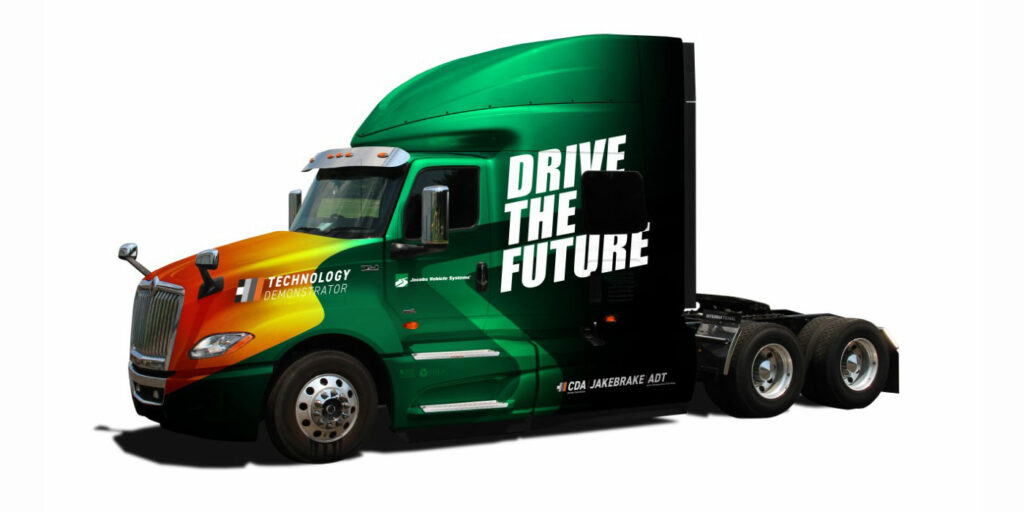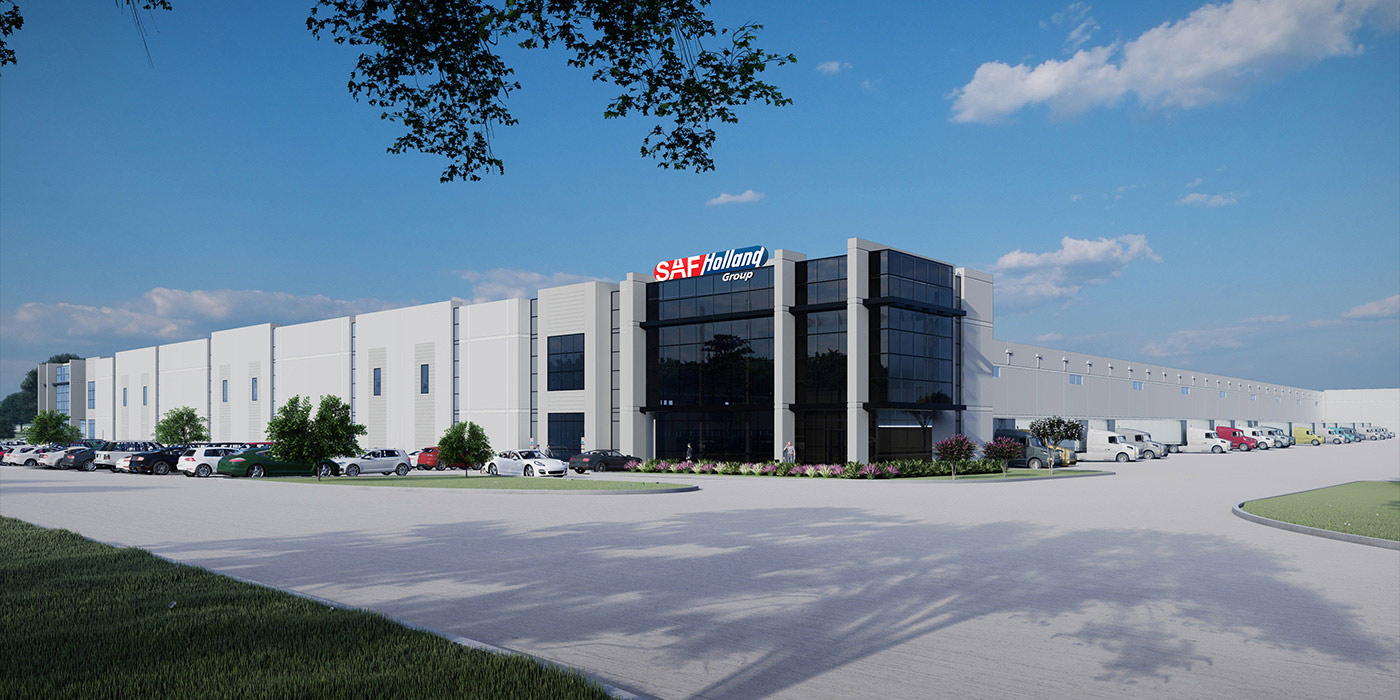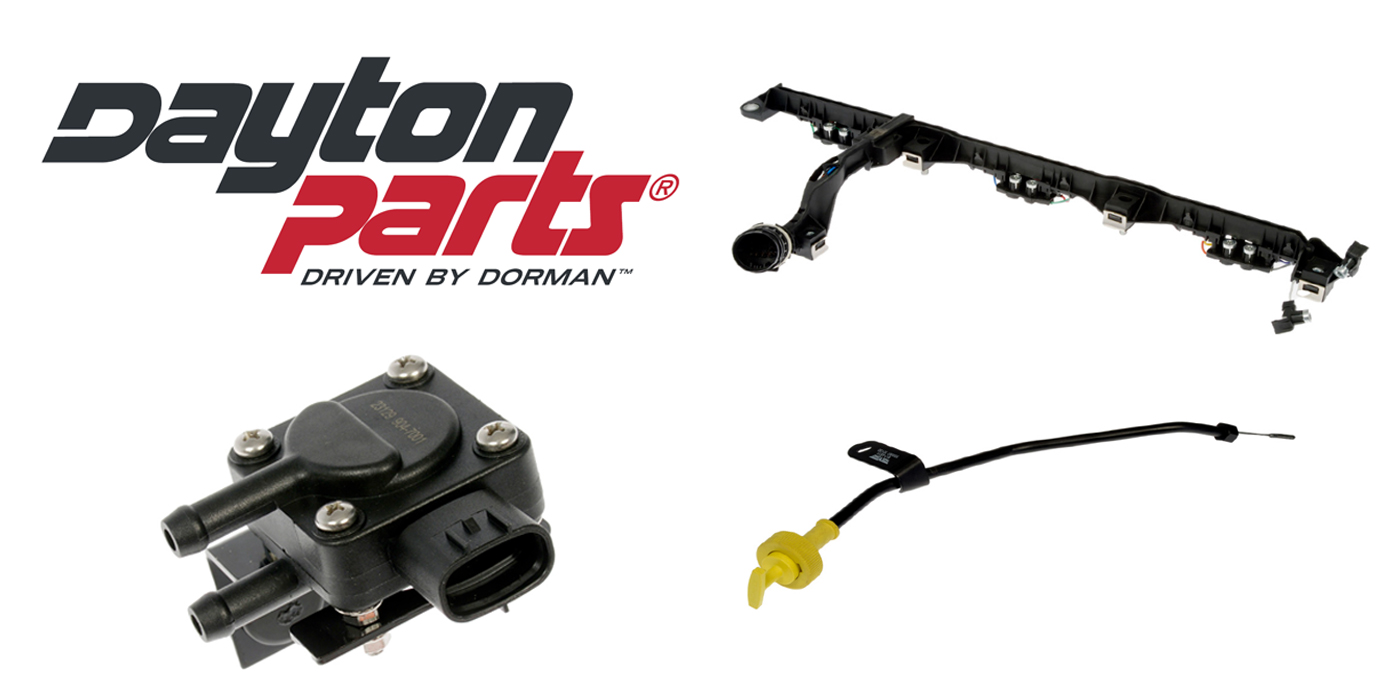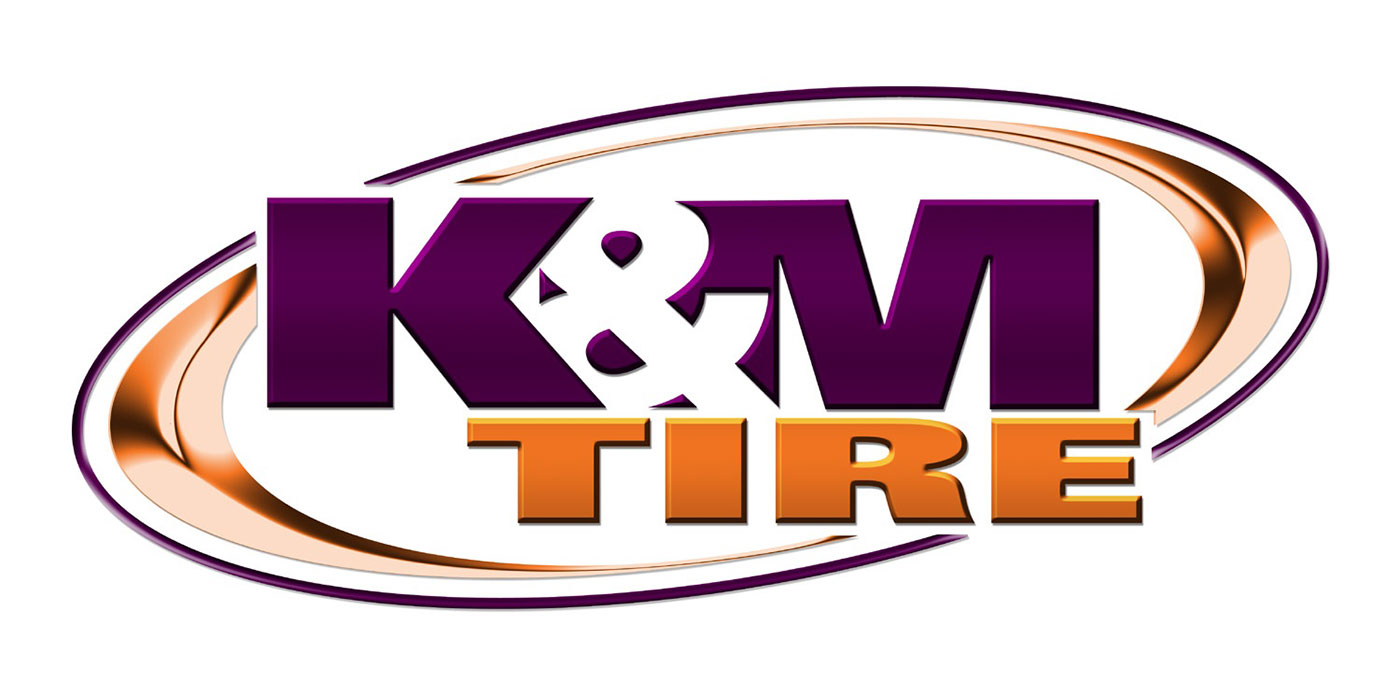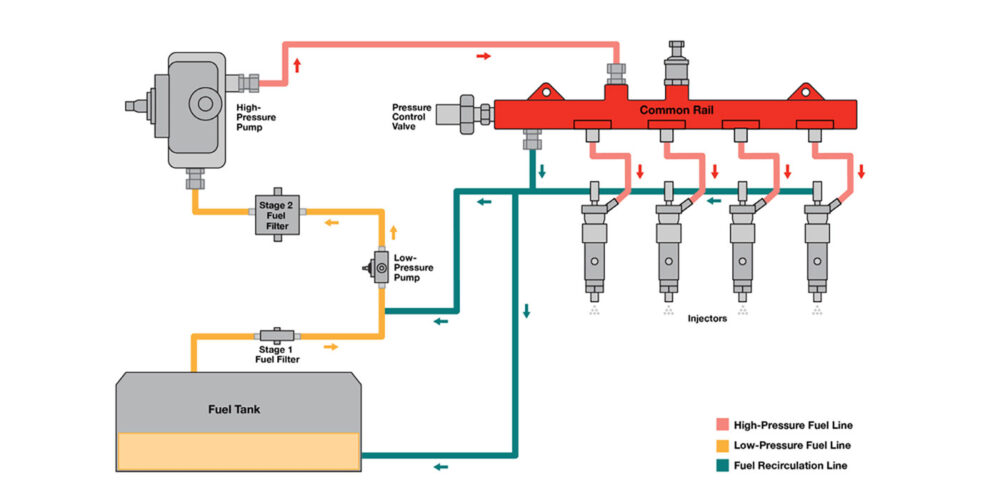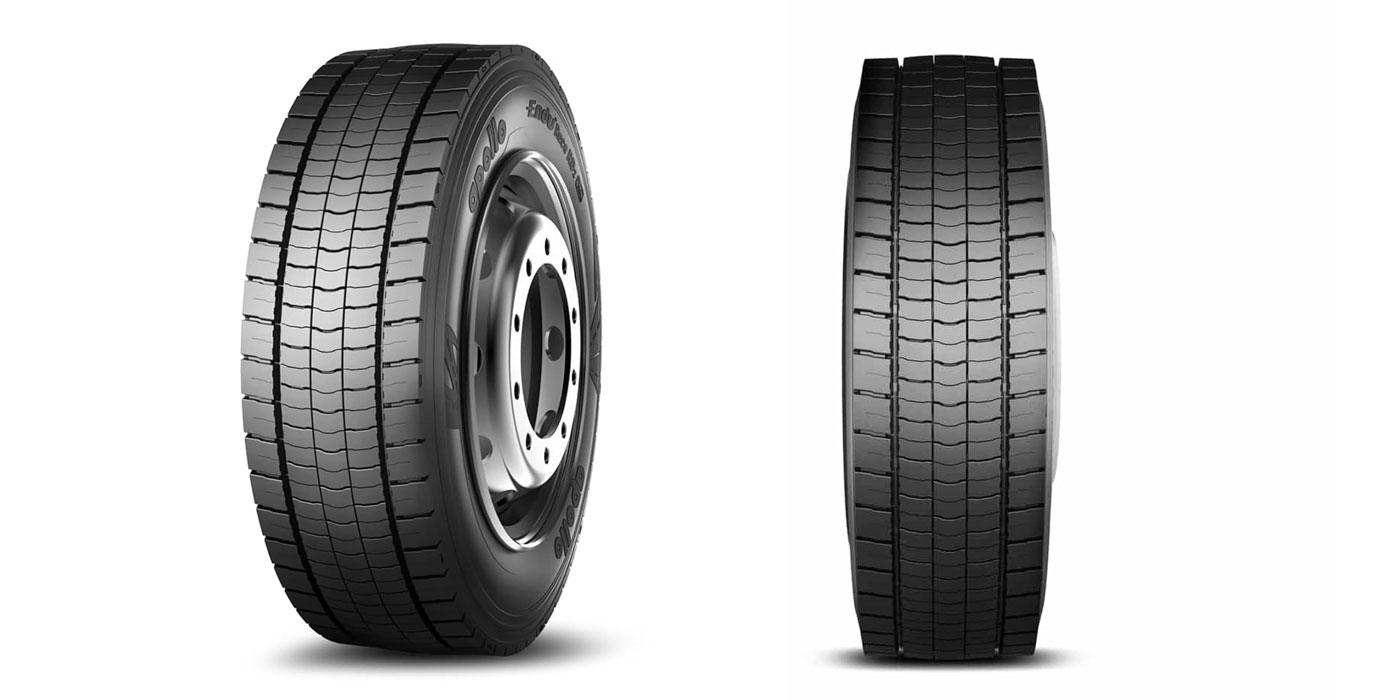Jacobs Vehicle Systems and Tula Technology have signed a cooperation agreement to accelerate the development of Jacobs Cylinder Deactivation (CDA) valve actuation technology in conjunction with Tula’s Dynamic Skip Fire (DSF) control algorithms. The agreement builds on two years of research and development collaboration between the two companies to reduce nitrous oxide (NOX) and carbon dioxide (CO2) emissions from medium and heavy-duty vehicles, helping to meet ever-tightening environmental regulations.
Independent laboratory testing has demonstrated that Jacobs CDA hardware and Tula’s dDSF achieve greater emission reductions when combined, the manufacturer noted. Low-load cycle performance was estimated with a well-calibrated powertrain simulation tool to accurately capture the low-load system operation and emissions. This system showed as much as a 5% decrease in CO2 and a 74% reduction in NOX emissions compared to the baseline technology.
The agreement will allow technical development to expand the operating range at which emissions reductions can be achieved when the two technologies are combined. Jacobs and Tula say they also will explore opportunities for reduced NOX and CO2 emissions in off-road vehicles and equip a Class 8 demonstrator truck with both Jacobs’ CDA and Tula’s dDSF technologies for customers to experience firsthand.

